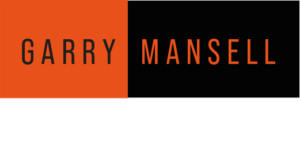The terms ‘entrepreneurship’ and ‘procurement’ might appear as distinct, if not opposing, facets of business. However, I think the future of procurement demands we challenge this perception and explore the intersection where these two worlds converge and diverge. I truly believe procurement people can and are entrepreneurial—they just need to realise they are!
Entrepreneurship embodies risk-taking, innovation, and the relentless pursuit of opportunity, often amid uncertainty. It’s about breaking new ground, challenging the status quo, and embracing failure as a catalyst for growth. Does this not resonate with the emerging role of procurement within business?
Yet, herein lies the contrast: traditional procurement has often been viewed through a lens of risk aversion, focusing on cost reduction, efficiency, and maintaining the status quo. However, as the business landscape evolves, so must our approach to procurement. It’s time to ask ourselves—can you afford to keep procurement in its conventional role, or is it time to catalyse it with the entrepreneurial spirit?
To truly innovate, procurement must adopt the entrepreneur’s mindset: seeking new opportunities, forging partnerships beyond the conventional supply base, and daring to take calculated risks. However, unlike pure entrepreneurs, procurement professionals operate within the broader corporate strategy and governance structures, balancing innovation with the need to mitigate risks and ensure sustainable supply chain practices. It’s a dichotomy.
You can’t turn traditional procurement professionals into entrepreneurs overnight, but you can encourage them to shift towards a more dynamic, proactive approach to procurement. It’s about leveraging the best of both worlds: the entrepreneur’s agility and vision paired with the procurement professional’s expertise in negotiation, supplier management, and strategic sourcing.
So, consider how you can foster this entrepreneurial spirit within your teams. How will you balance the drive for innovation with the need for stability and control? And most importantly, how can you redefine procurement’s role as a catalyst for change rather than a guardian of the status quo?
The future of procurement lies not in choosing between entrepreneurship and traditional procurement but in synthesising the strengths of both to create a more resilient, innovative, and strategic function. Another post will follow this one making suggestions for how you can start these changes.


